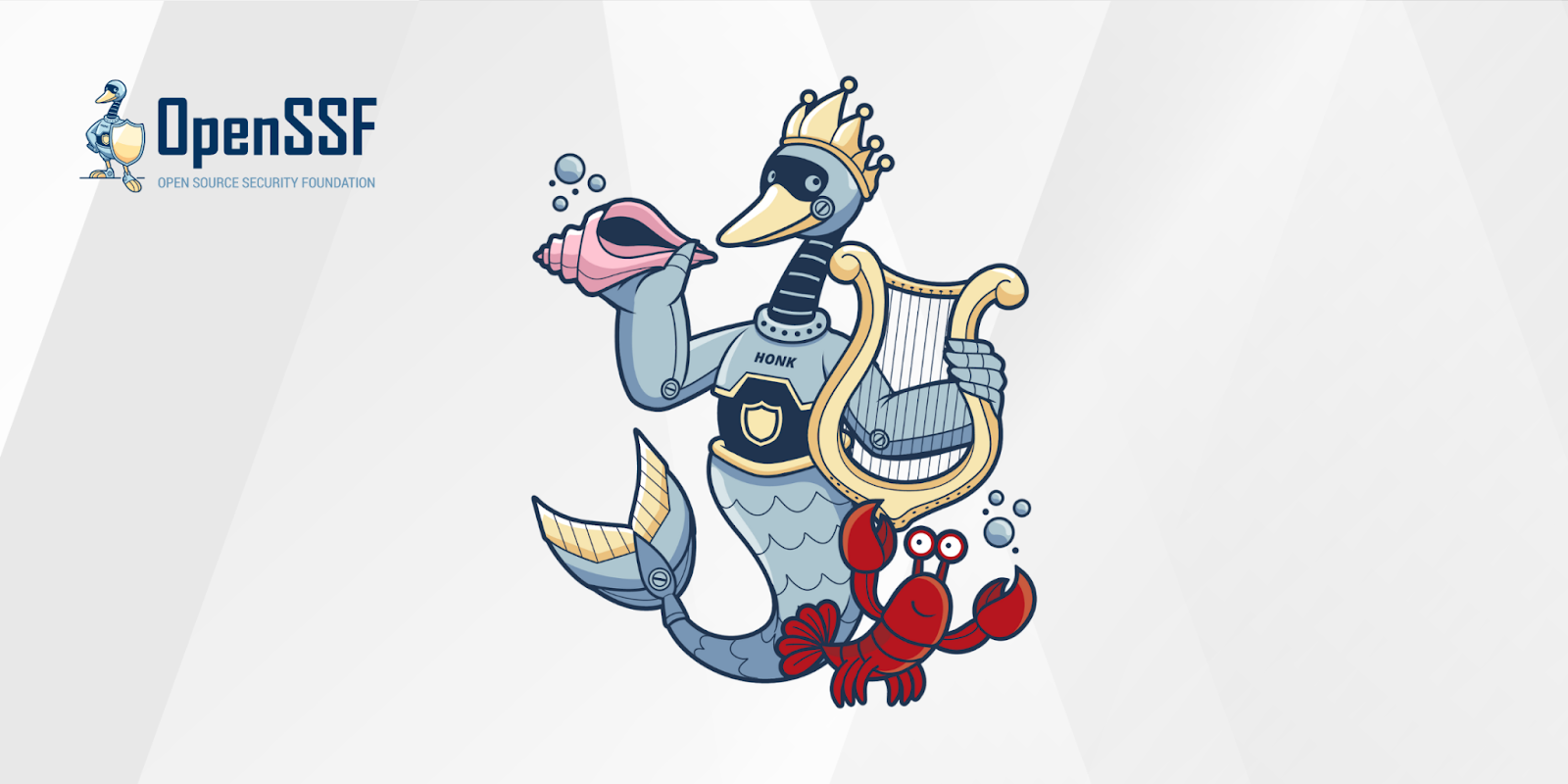
By Christopher “CRob” Robinson, Director of Security Communications, Intel Product Assurance and Security, Intel Corporation; and Bennett Pursell, Ecosystem Strategist, OpenSSF
In the ever-evolving landscape of cybersecurity threats, collaboration and information sharing are paramount. Now, more than ever, the open source community needs a centralized platform to exchange threat intelligence efficiently. Introducing Siren, a threat intelligence sharing list hosted by Open Source Security Foundation (OpenSSF), a groundbreaking initiative aimed at fortifying the defenses of open source projects worldwide.
The Need for Collective Defense
It’s estimated that open source software powers up to 90% of modern software, from web servers to mobile applications. However, with its widespread adoption comes increased scrutiny from threat actors seeking to exploit vulnerabilities for their gain. Recent attacks on projects like XZ-Utils and the OpenJS community are stark reminders of the importance of proactive security measures.
While the community has proven methods of communicating vulnerabilities to others within the community, such as the oss-security mailing lists, we do not have a means of communicating information about exploits efficiently with the broader downstream audience.
While consumers and enterprises may have intelligence sharing structures in place, this does not always extend to the upstream open source community. OpenSSF Siren is an open source resource that fills this gap.
Introducing the OpenSSF Siren
The OpenSSF Siren is a collaborative effort to aggregate and disseminate threat intelligence specific to open source projects. Hosted by the OpenSSF, this platform provides a secure and transparent environment for sharing Tactics, Techniques, and Procedures (TTPs) and Indicators of Compromise (IOCs) associated with recent cyber attacks. Siren is intended to be a post-disclosure means of keeping the community informed of threats and activities after the initial sharing and coordination.
Key features of the OpenSSF Siren include:
- Open Source Threat Intelligence: shared with the community about actively exploited public vulnerabilities and threats.
- Real-Time Updates: List members receive notifications via email about emerging threats which may be relevant to their projects, enabling swift action to mitigate risks.
- TLP:CLEAR: To facilitate effective unrestricted transparent communication, the list follows the Traffic Light Protocol (TLP), Clear guidelines for the sharing and handling of intelligence.
- Community-driven: Contributors from diverse backgrounds collaborate to enrich the intelligence database, fostering a culture of shared responsibility and collective defense.
Strengthening Open Source Security Together
By leveraging the collective knowledge and expertise of the open source community and other security experts, the OpenSSF Siren empowers projects of all sizes to bolster their cybersecurity defenses and increase their overall awareness of malicious activities. Whether you’re a developer, maintainer, or security enthusiast, your participation is vital in safeguarding the integrity of open source software.
Join us in the fight against cyber threats by becoming a member of the OpenSSF Siren today. Together, we can build a more resilient and secure open source ecosystem for generations to come.
Get Involved
Ready to take action? Here’s how you can contribute:
- Sign Up: Register for membership on the OpenSSF Siren to start receiving real-time threat intelligence updates.
- Contribute: Share your insights and experiences to enrich the intelligence database and help protect open source projects worldwide.
- Spread the Word: Share this initiative with your network and encourage others to join the cause.
Together, let’s make open source software secure for everyone. Join the OpenSSF Siren today and be part of the solution. You also can join the conversation within the OpenSSF’s Vulnerability Disclosure working group to engage with other community security experts that are helping demystify vulnerabilities within our open source ecosystem.